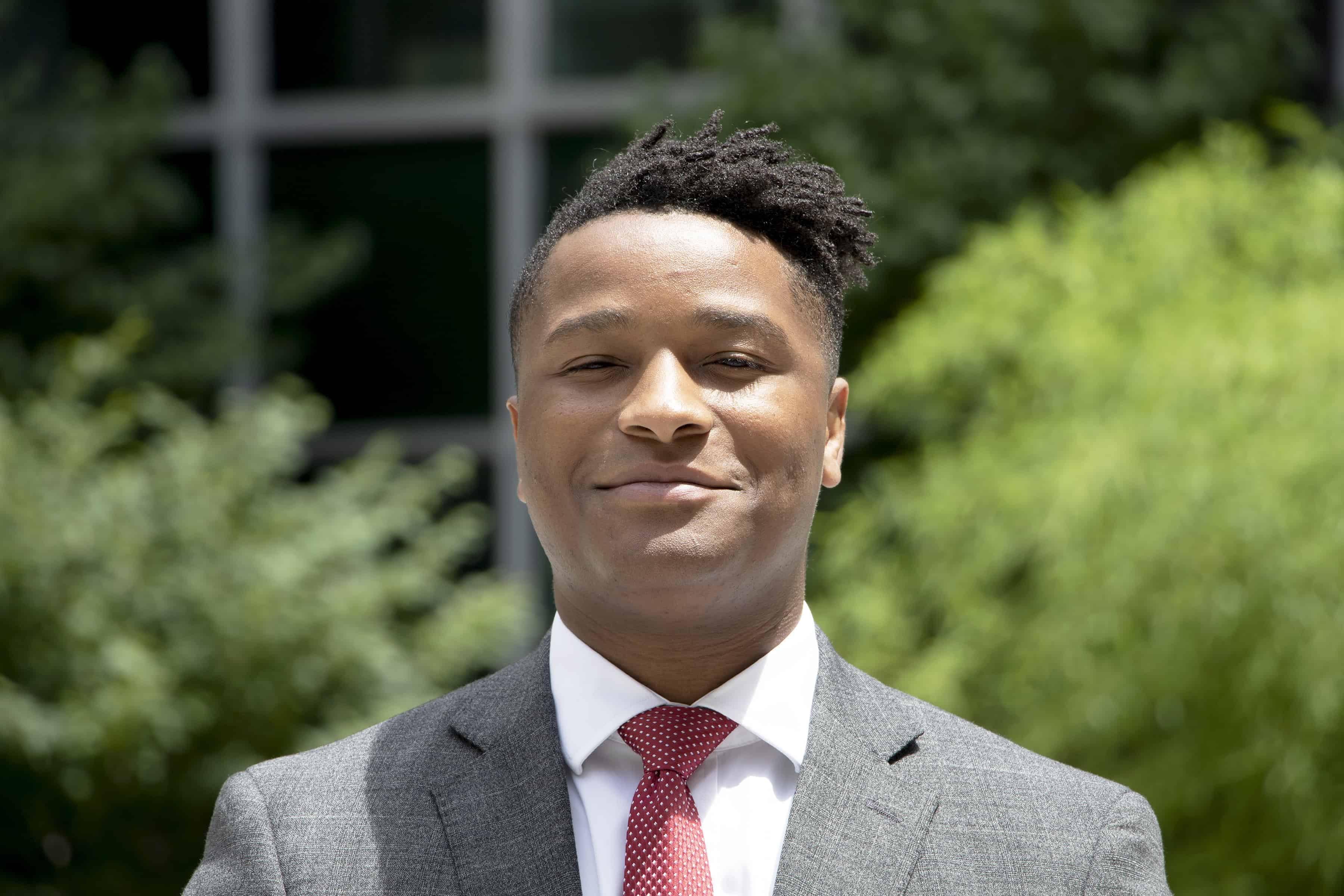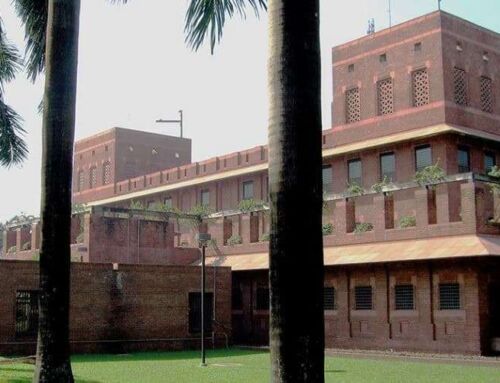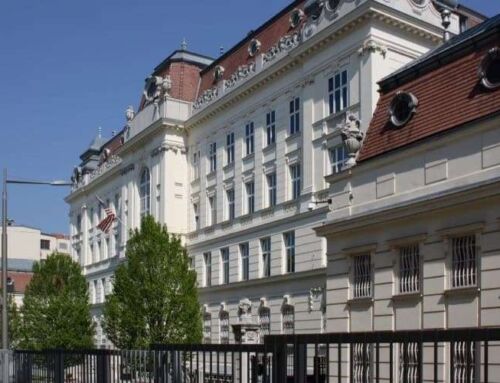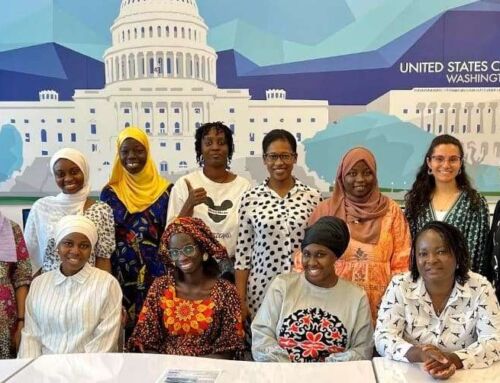Courtney Jarrett successfully completed the Foreign Affairs Information Technology Fellowship program in 2021 while earning his master’s degree in Information Technology at Virginia Tech. His first post in the Foreign Service was the U.S. Embassy New Dehli. Since this interview, the Information Management Specialist (IMS) role has evolved into the Diplomatic Technology Officer (DTO) role.
What inspired you to pursue FAIT Fellowship program?
The FAIT Fellowship program provided me with the best opportunity to advance my professional & technical expertise while further familiarizing me with the Department of State’s technological core.
What advice do you have for individuals applying for the FAIT Fellowship?
When writing your essay [personal statement], emphasize your interpersonal skills rather than your technical expertise. Soft skills are critical to your success in the program and the department. The Foreign Service Dimensions is a very helpful document that outlines the soft skills the State Department is looking for.
What was the most difficult part of the application or selection process, and how did you overcome it?
The most challenging portion of the application was writing the personal narrative and articulating the good examples that would exemplify my soft skills in the context of worldwide service. I overcame this barrier by asking myself, “Does this example convey poise and profession in the highest form?” and “Would I want to work with someone if they exhibited these qualities?”
What was a typical week like in your first summer domestic internship in Washington, D.C.? What did you value the most?
The typical week for my first summer domestic internship consisted of weekly professional development courses provided by TWC to improve communication, writing, and conflict management. The internship with the domestic office had me focus mainly on administrative duties of operations and events. I found value in this because it truly gave me an idea of how the organization operates domestically and with its foreign service counterparts.
Due to COVID-19, your second summer internship with an Embassy or Consulate abroad was a remote internship. Where was the internship and what types of projects did you work on?
Covid-19 disrupted the department’s operations and many of their Information Technology responsibilities couldn’t be performed remotely initially. Instead, my supervisor believed it would be more advantageous to expose me to a variety of systems and functions, including mobile applications, security reporting systems, network devices and systems, and server management.
How has the FAIT Fellowship affected your life personally and professionally?
The FAIT Fellowship allowed me to forge relationships with the other fellows who will also be embarking on an incredible professional journey. Furthermore, the summer internships and the professional development course instilled confidence to venture off into such a complex environment.
After earning your degree and completing the FAIT Fellowship program, you started your training at the Foreign Service Institute. Can you share a little about the FSI training?
Initially, the first order of training is called “orientation” and is composed of generalists and specialists. The objective is to aid in understanding how the department functions globally. After orientation, you dive deeper into your specialty for your onward post.
Where is your first post of assignment in the Foreign Service and how do you feel about it?
My first post in New Delhi, India, and I’m elated to be starting my career in such a large mission to obtain more exposure to the possibilities of what I can do in the Department of State.






